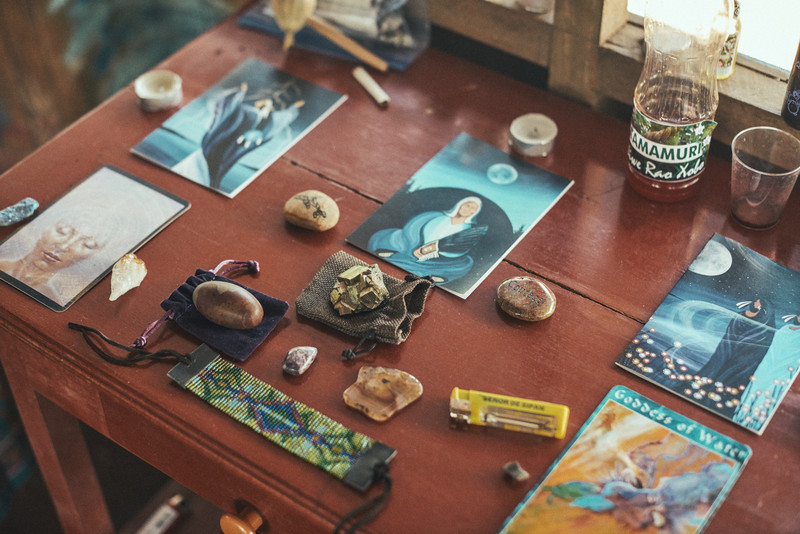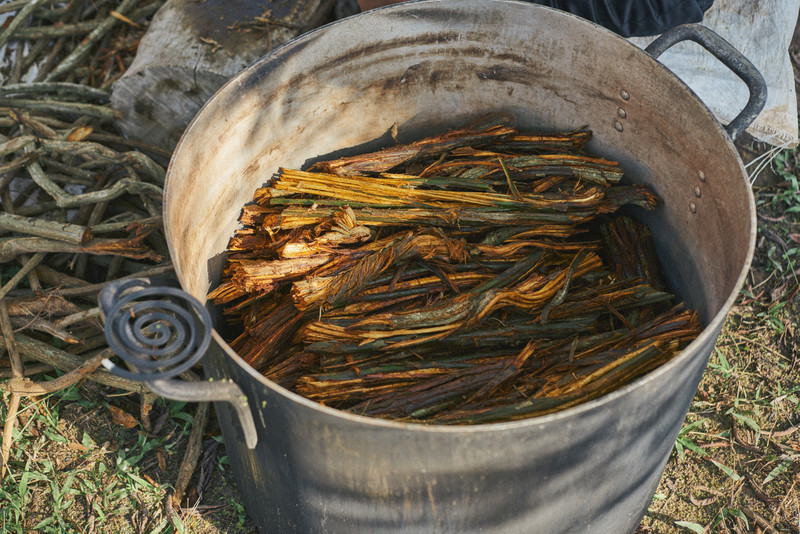The Medicine
© Robin MellorMany believe the world has become a sick place, we have fallen out of balance with its natural rhythms and systems; resources are being consumed far quicker than they can be replenished, a technology designed to bring us together has furthered segregation and isolation. We have become divorced from our impact on the world, big business has shielded us from the realities of how the clothes we wear, the products we use and the food we eat are really produced.
A World Health Organisations recent study found 300 Million people currently suffer from depression – around 4% of the world population, with someone successfully taking their own life every 30 seconds. This figure rises to 6.7% in the US, with an estimated cost of $210 Billion each year in the US alone
The problem with the current medical treatments for depression is that it unbeknownst to most - it is ineffective in 80% of patients, and even when successful is designed to numb the pain rather than provide a cure.
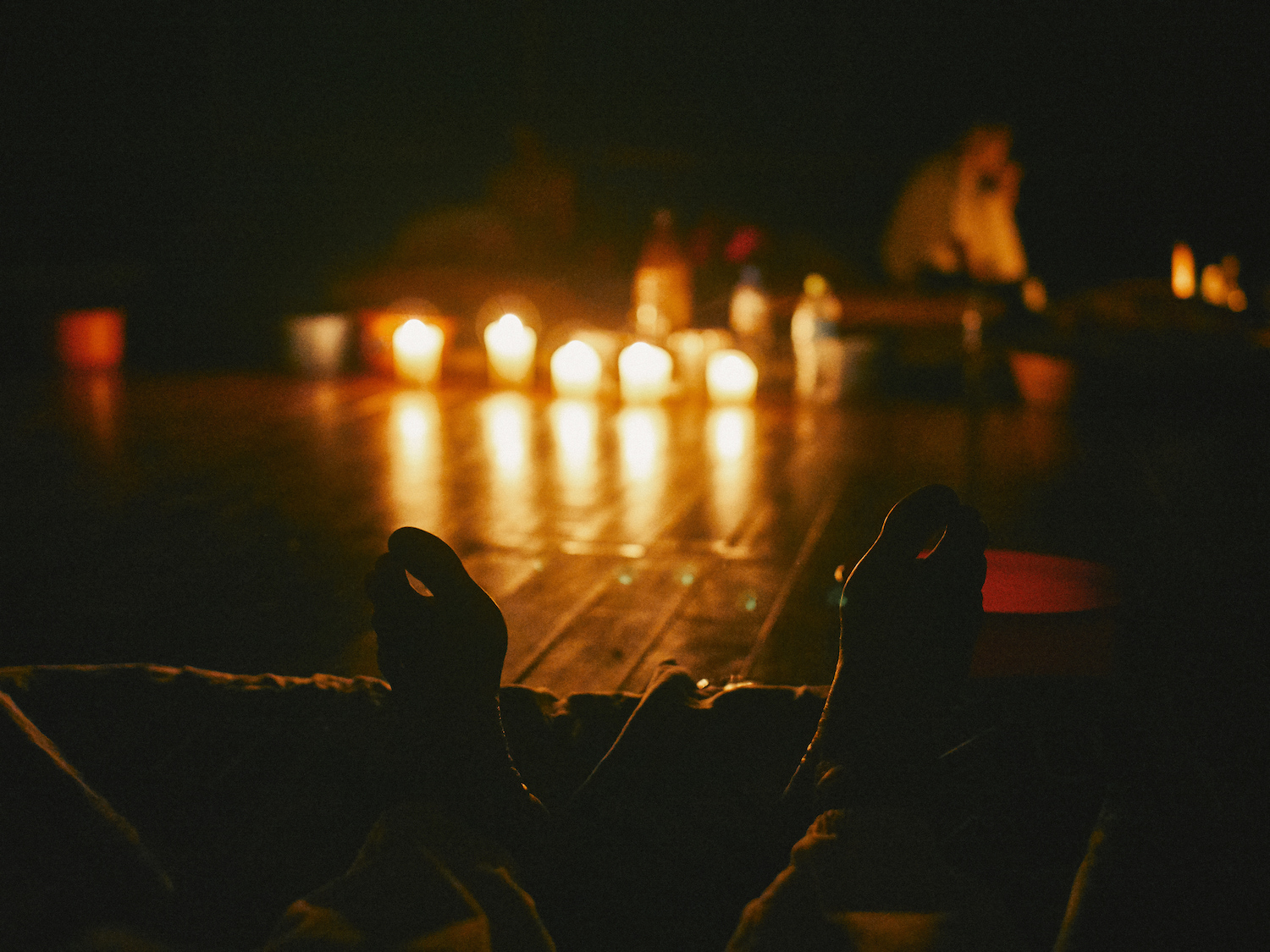
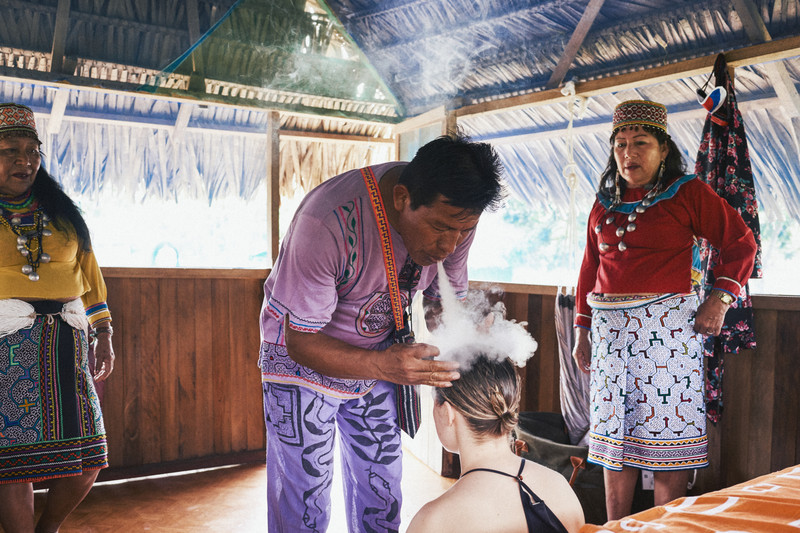

Treatments for physical conditions often follow the same model- where treating the symptoms have become the sole area of focus, rather than trying to get to the root cause of the pain.
The rise of opioid-based painkillers has to lead to an epidemic of addiction, abuse and overdose in most developed Western nations. Unsurprisingly the trend was caused by pharmaceutical companies insatiable thirst for profit. Two of the biggest government lobbying groups in the US – The American Pain Foundation and The American Pain Society - who successfully pushed for changes in the law to allow the widespread prescription of these drugs have since shut down due to press scandals about their funding by major pharmaceutical companies.
Today a new form of treatment for both the mental and physical pains we suffer has been steadily rising from the indigenous cultures of the world. Slowly gaining momentum amongst certain minded Westerners who are seeking alternative relief from the afflictions they suffer, often having been unsuccessful in traditional Western treatment for many years.
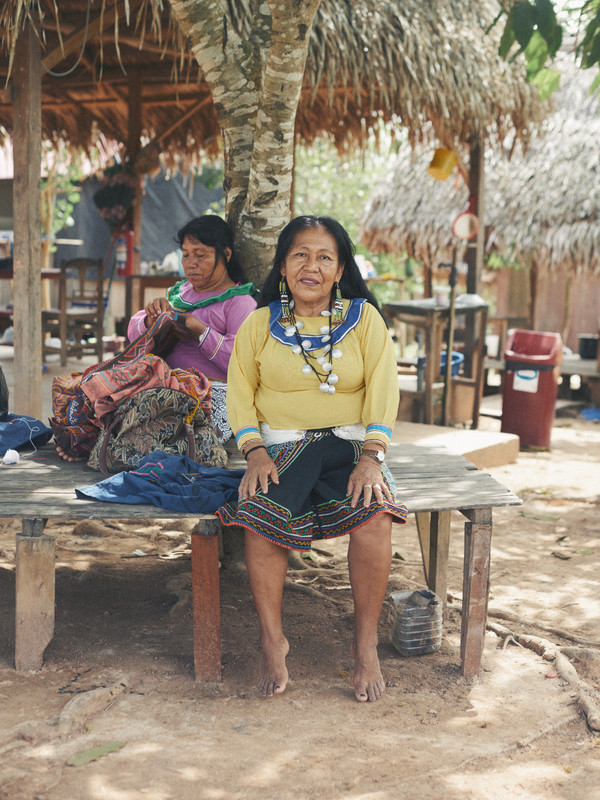
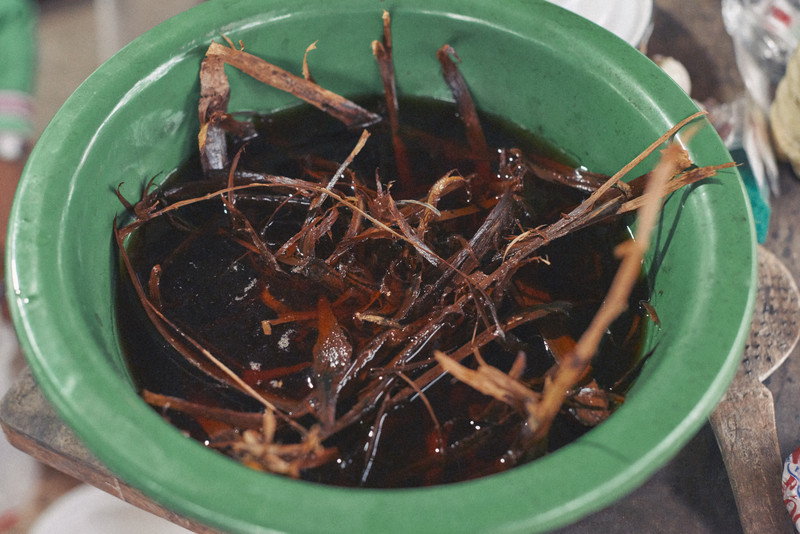
Indigenous treatments consist of a mix of psychoactive as well as non-psychoactive plant medicines taken in ceremonial settings– a mixture of science and spirituality that has the scientific world clamouring for answers as to why these plants and rituals are able to offer long term help unavailable to modern western medicine.
The US-based research group The Beckley Foundation have successfully treated psychological disorders such as depression, anxiety, and PTSD using Ayahuasca. They also found it able to stimulate the birth of new neurons in the brain, a feat thought impossible up until now, with a previous belief that no new neurons could be born in the brains of adults. This leads to the possibilities of help for previously believed untreatable conditions such as brain damage, Alzheimer’s, Dementia and Parkinson’s.
However, the illegal nature of the substances in most Western nations is hindering research. Big Pharma is taking note, slowing the progress as it twists the arm of governments to help create a maze of red tape whilst simultaneously investing in patents surrounding the research as they look to protect their future profits.
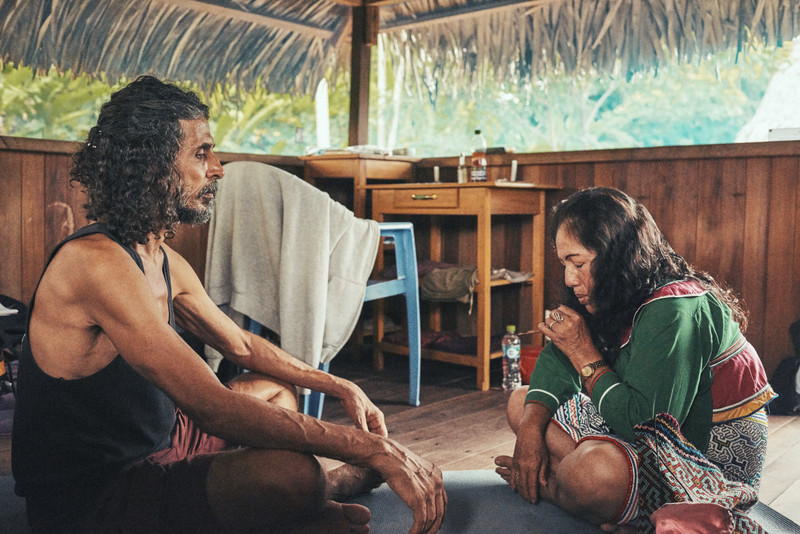
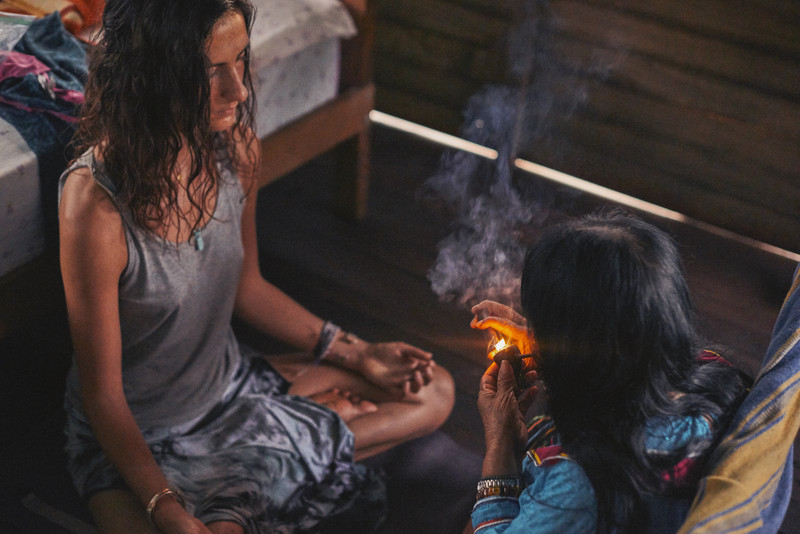
For these reasons and many more I decided to spend a month at a centre in the Peruvian Jungle named Niwe Rao Xobo or ‘Flying Tree House’ with a Shipibo family of healers to meet some of the people who have felt the need to travel across the globe in seek of help from the families ancient traditions and medicine.
The Shipibo family I documented come from a long lineage of tribal healers and are regarded amongst the pinnacle of Shipibo ‘Meastros’ or teachers. Working with the now familiar vision inducing Ayahuasca otherwise known as ‘The Medicine’, but choosing to focus the majority of their time on the lesser known Master Plant Dieta’s which combines the use of Ayahuasca with other so-called Master Plants.
These Master Plant Dieta’s originate from an ancient right of passage taken by adolescent healers who were training to become Maestros. Often lasting months or even years- trainees would spend time in isolation venturing alone into the jungle in order to connect deeply with nature and to receive messages from plant spirits. The Shipibo believe plants are sentient beings, that they have thoughts and feelings much like ourselves and are able to communicate both with each other and if we are open to it, with us.
Today Westerners are guided by the Maestros who work with these plant spirits, they are said to be able to realign energies within the body enabling healing of a plethora of both physical and psychological conditions.
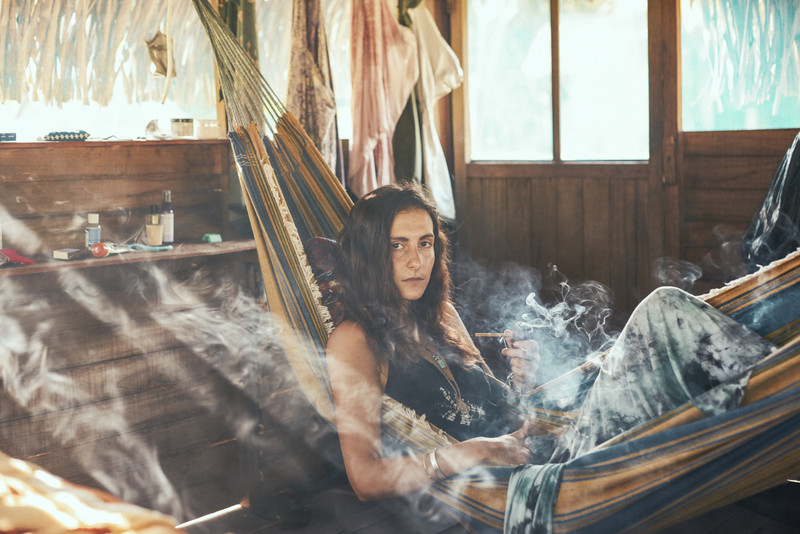
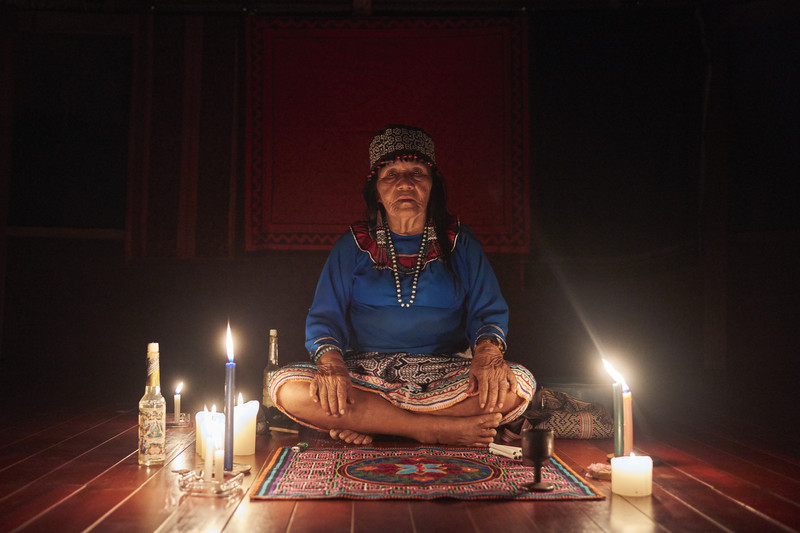
The Dieta’s are not to be taken lightly and are designed primarily for those who have previous experience with The Medicine and are seeking deeper healing. It’s a far cry from the casual use of other psychedelic drugs that many have experienced in the West, requiring a deep level of commitment and is more akin to a stay in a psychedelic intensive care unit than a holiday camp. With ‘Pasajeros’ or Passengers on the journey, encouraged to stay in near isolation for much of their stay and adhere to an extremely restricted diet, not only for their time with the family but also for around a month before and often months following the treatment. This enables a deep inward journey and connection to their chosen Master Plant. These restrictions if adhered to correctly are said to create a life long bond and ally with their plant as well create a powerful life reset.
Even with the scientific researches backing the process still requires a certain leap of faith, to be able to suspend disbelief in these ancient rituals and dive head first into a world that most Westerners know very little about.
click to view the complete set of images in the archive
